Learning of his father’s imminent death, Jean returns to his childhood home, and reunites with his sister and brother. The siblings must learn to fix their relationship to preserve the vineyard that ties them together. A film by Cédric Klapisch, starring Pio Marmaï, Ana Girardot, François Civil, Jean-Marc Roulot, and María Valverde.
CE QUI NOUS LIE
BACK TO BURGUNDY
Cédric Klapisch
(2017)

Jean (Pio Marmaï) returns to his childhood home in Burgundy after a decade-long absence upon learning of his gravely ill father. His departure was motivated by a desire to escape the family winemaking business and the suffocating confines of his hometown. Years of conflict with his father ensued, culminating in Jean’s decision to leave and travel the world. He eventually found himself managing a vineyard in Australia, making wine for the past five years with his girlfriend. Despite his estrangement, the news of his father’s illness evokes a complex blend of emotions in Jean. He harbors lingering resentment, yet he is also compelled by a sense of filial duty.
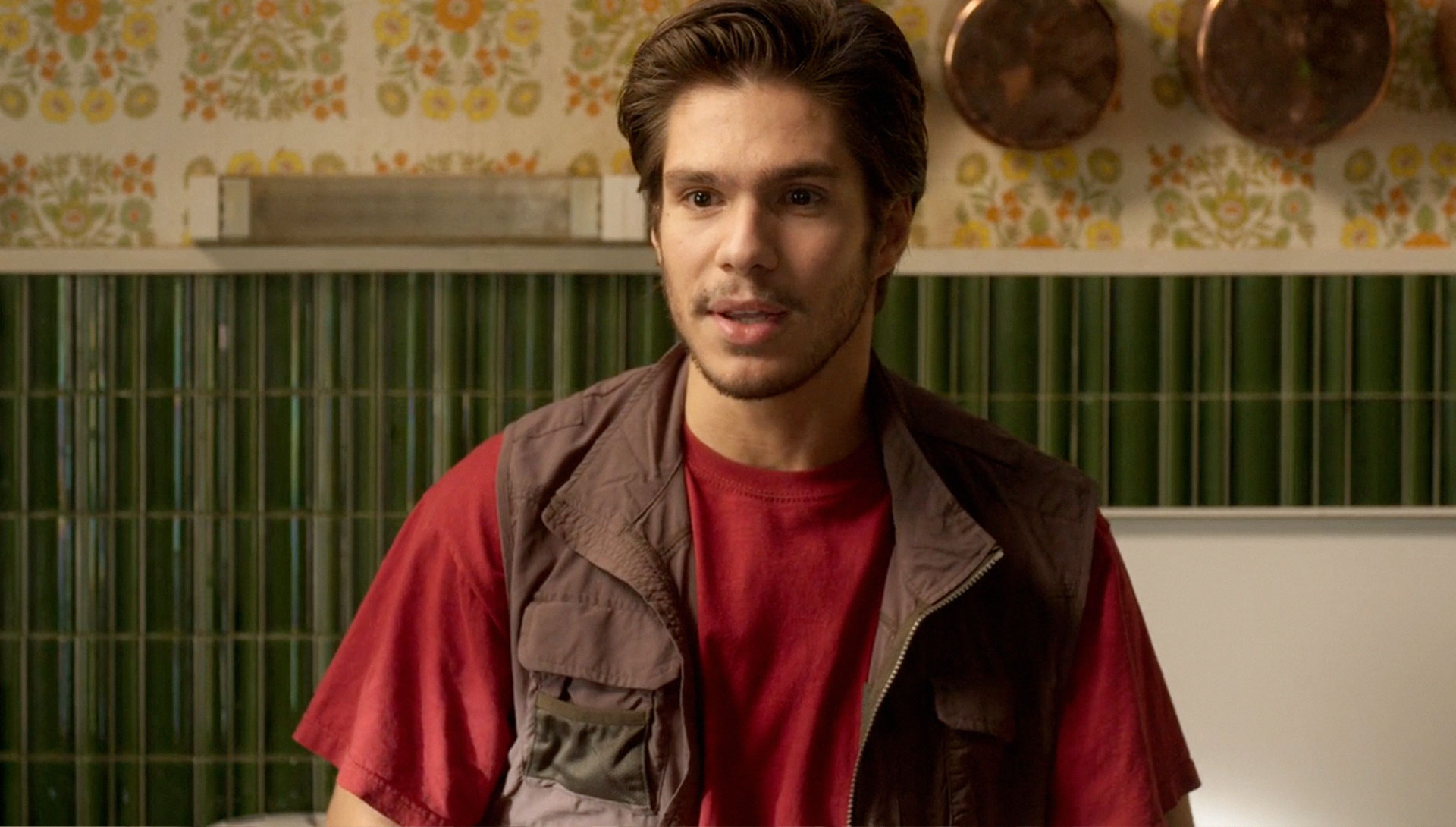
Jean’s younger sister Juliette (Ana Girardot), is overjoyed to see him again. Jean learns that Juliette has been working with their father for the past two years, prior to his hospitalization four months ago as the harvest season approaches. Juliette is ambivalent about taking over the family business, wondering if she should stay or leave if her father is no longer able to run it. Their younger brother Jérémie (François Civil), is less than thrilled to see Jean, who was absent when their beloved mother passed away five years ago.
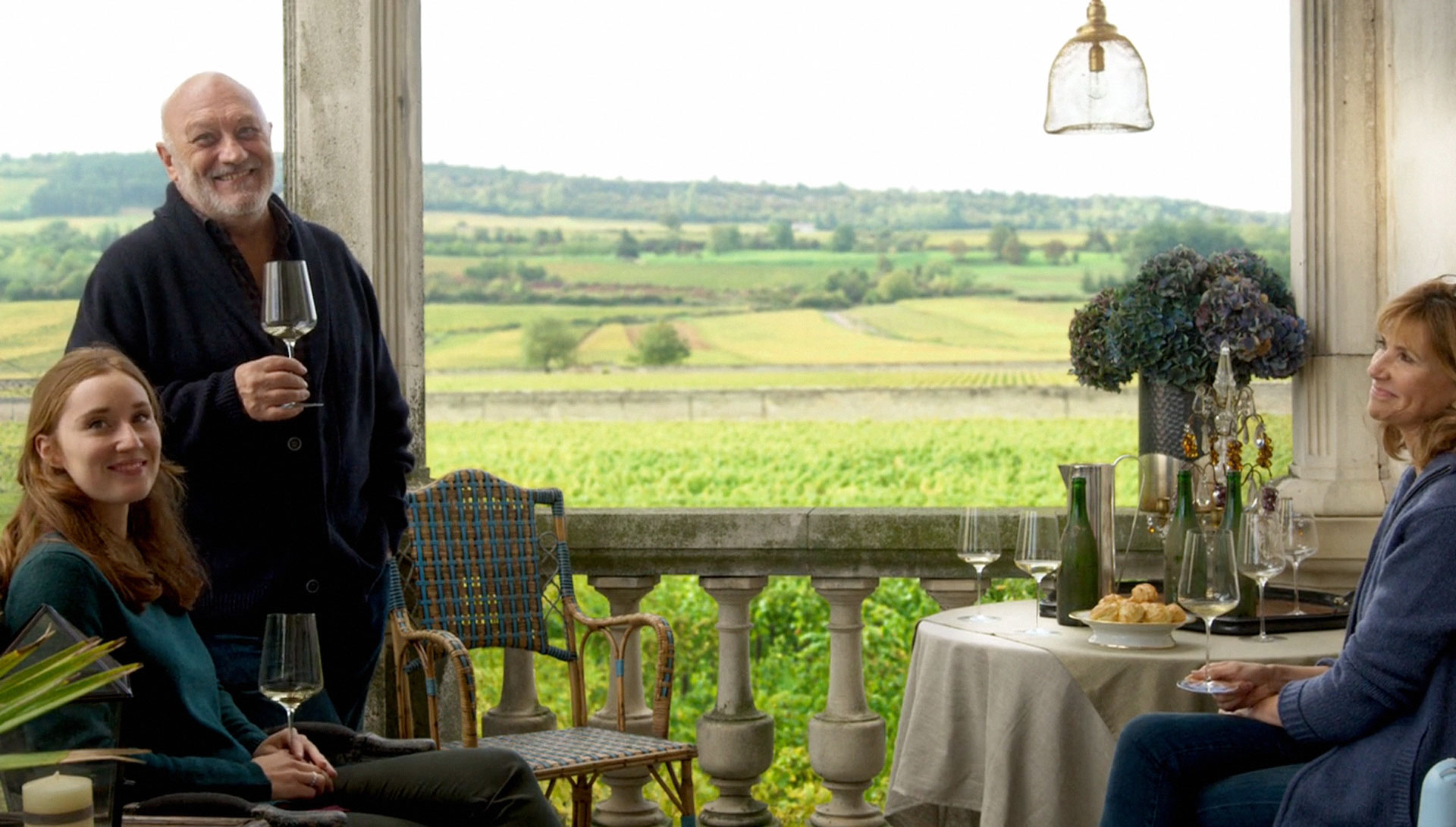
Jérémie, married to Océane (Yamée Couture), lives near her prosperous winemaking family, much richer than his own. Jérémie often feels stifled, unable to make his own decisions, as his father-in-law Anselme (Jean-Marie Winling), exerts total control over his life.
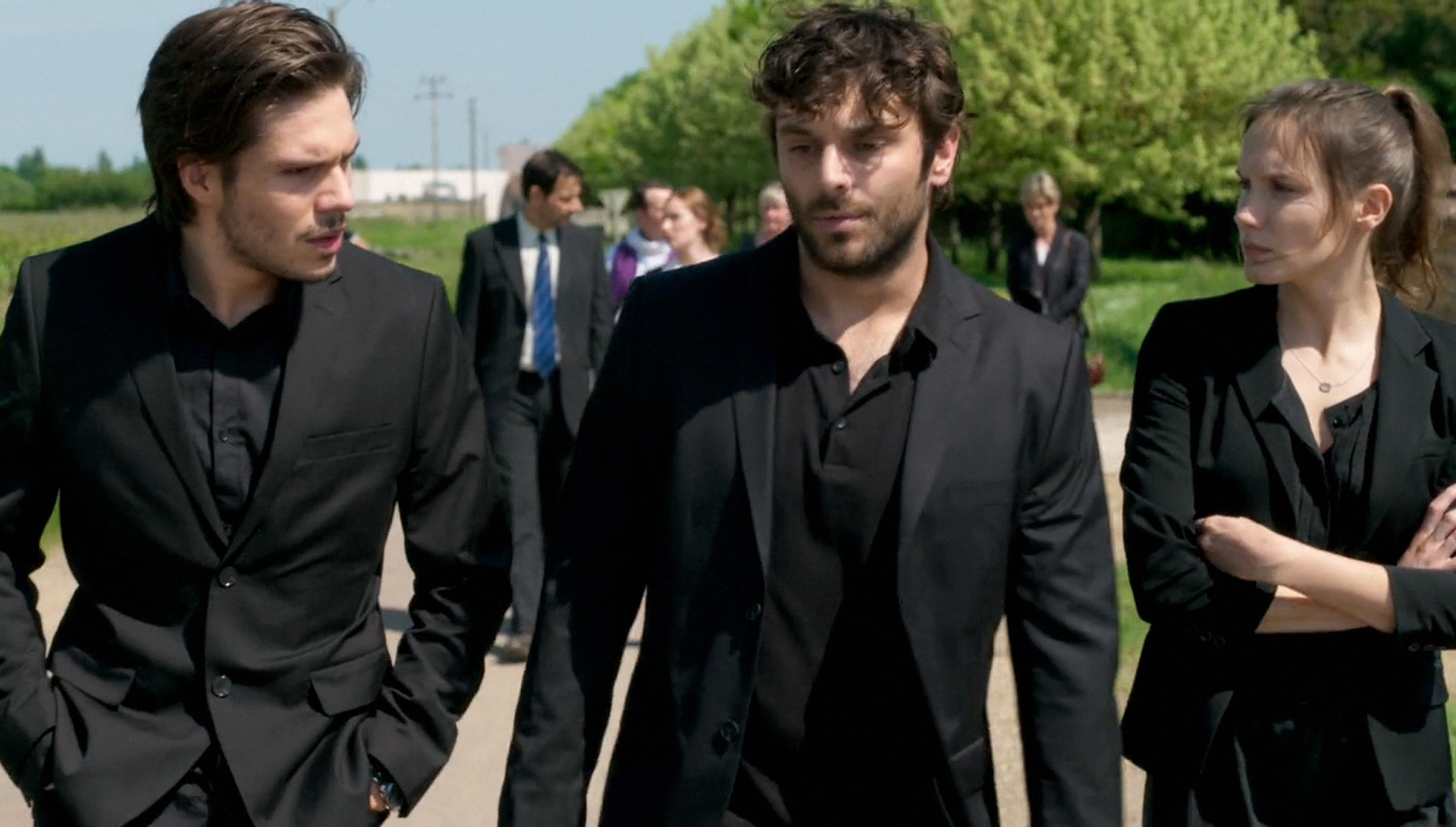
At their father’s funeral, Jean confesses that he missed their mother’s funeral because his son was born on the same day. He called Jérémie three days later, but Jérémie ignored his calls because Jérémie was still so pissed at him, and their relationship has since then become estranged.
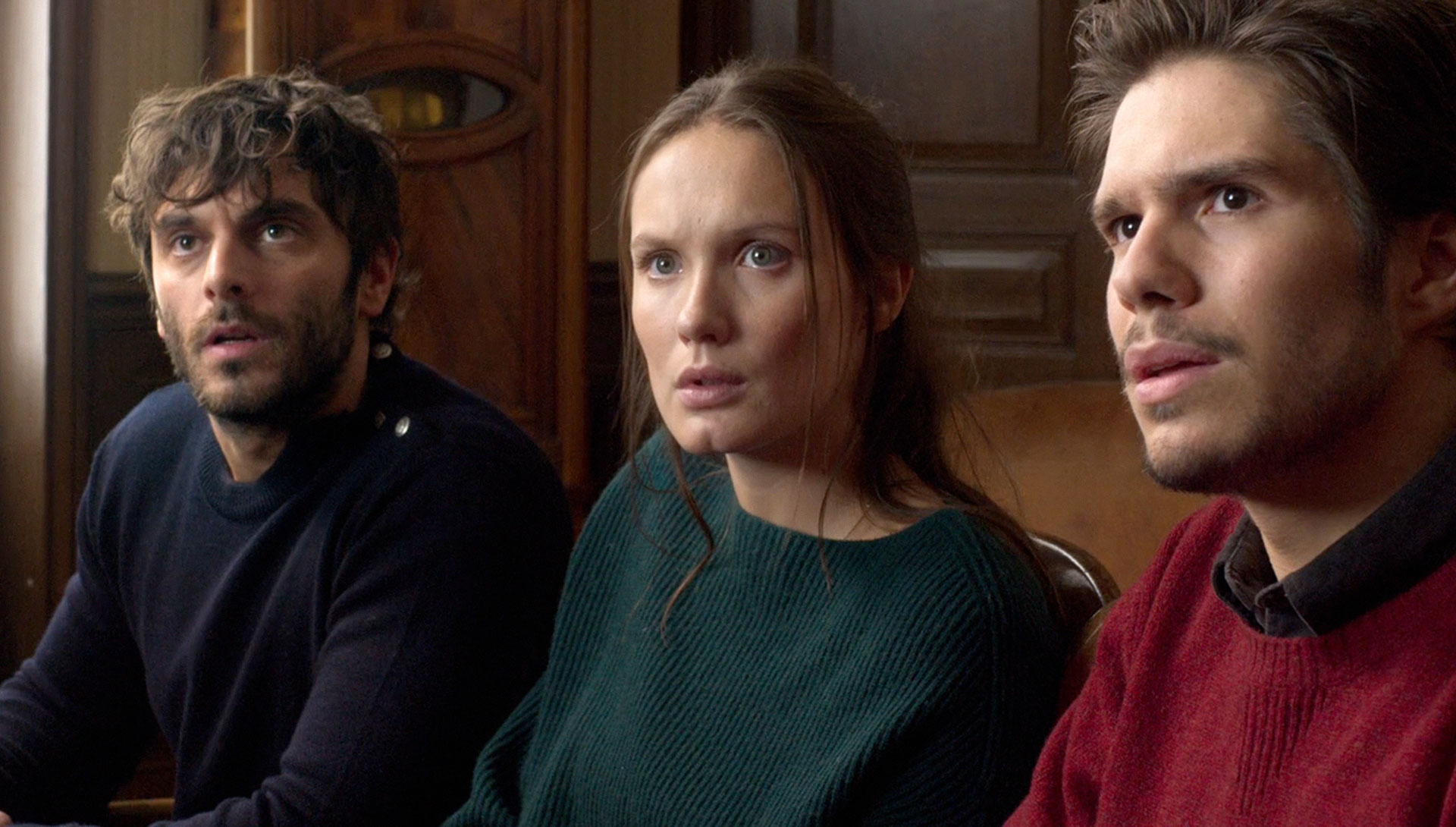
The siblings inherit their father’s estate, including three premiers crus in Perrières, Rugiens, and Sous le Dos d’Âne. However, they are shocked to learn that they owe €500,000 in inheritance tax, money they do not have. Their lawyer presents them with three options: sell off their entire wine stock (valued at €300,000), sell some of their vineyards, or sell their house. Selling the entire domain would earn them over €6 million, given the rising property values in Burgundy, compared to the meager 1% profitability of running the wine business themselves.
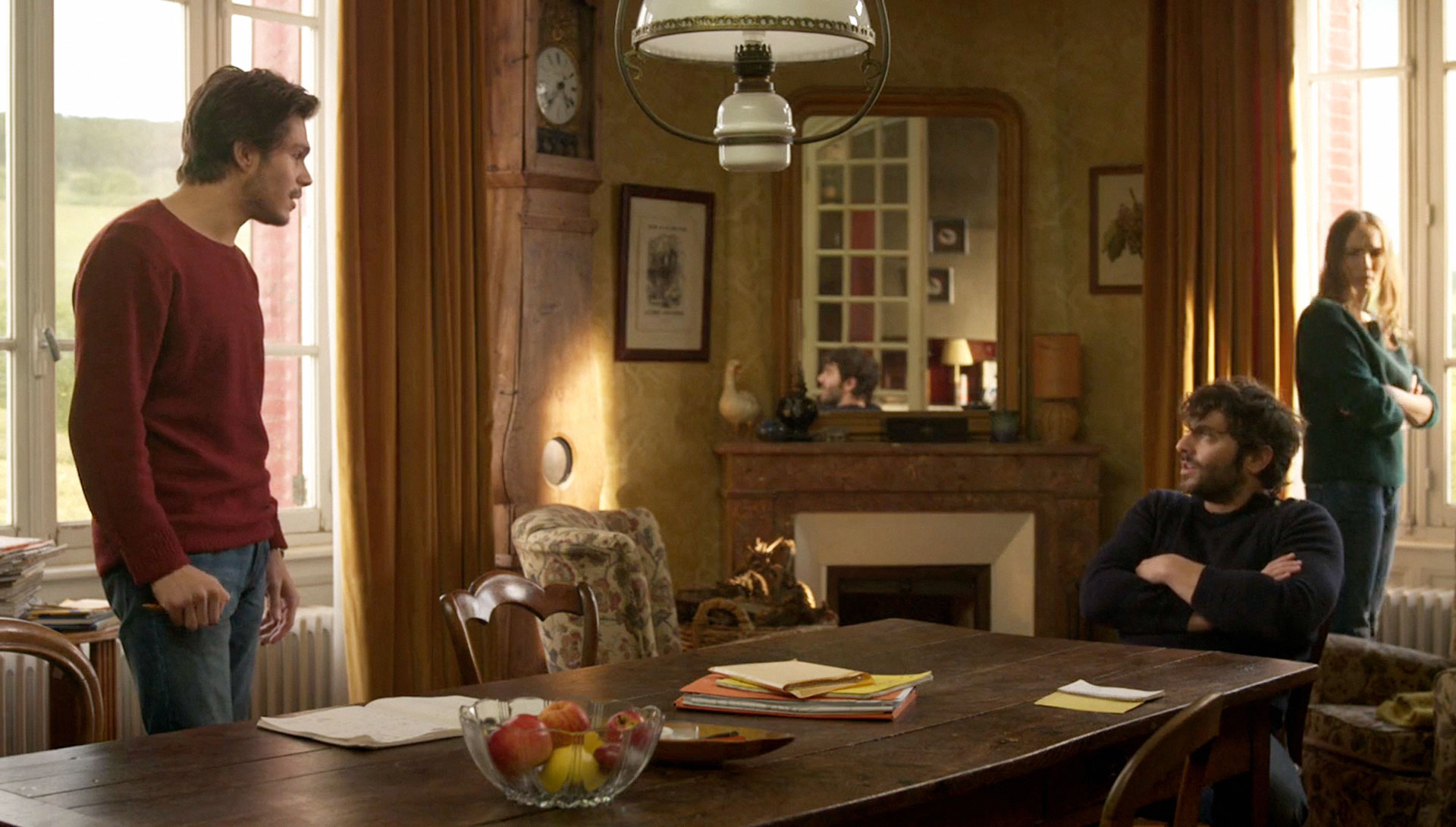
The three leads convincingly convey natural charms and chemistry between them. The film’s engaging first half explores the siblings’ attempts to overcome their obstacles and learn to compromise, as Jean expresses his desire to sell the entire domain to return to Australia with his share of the proceeds, while his siblings are reluctant to sell the land where they grew up and their parents worked. However, the second half fails to live up to its promise, with their problems miraculously resolving themselves or answers being presented to them, leaving the film feeling unsatisfying.

CE QUI NOUS LIE beautifully captures the winemaking process, including the timing of the grape harvest, which depends on the desired wine style. The winemakers send sample grapes to a laboratory to test for sugar, titratable acidity (TA), and pH. It is fascinating to see how they handle the situation with the outsiders they hire to harvest the grapes, which can be challenging at times.
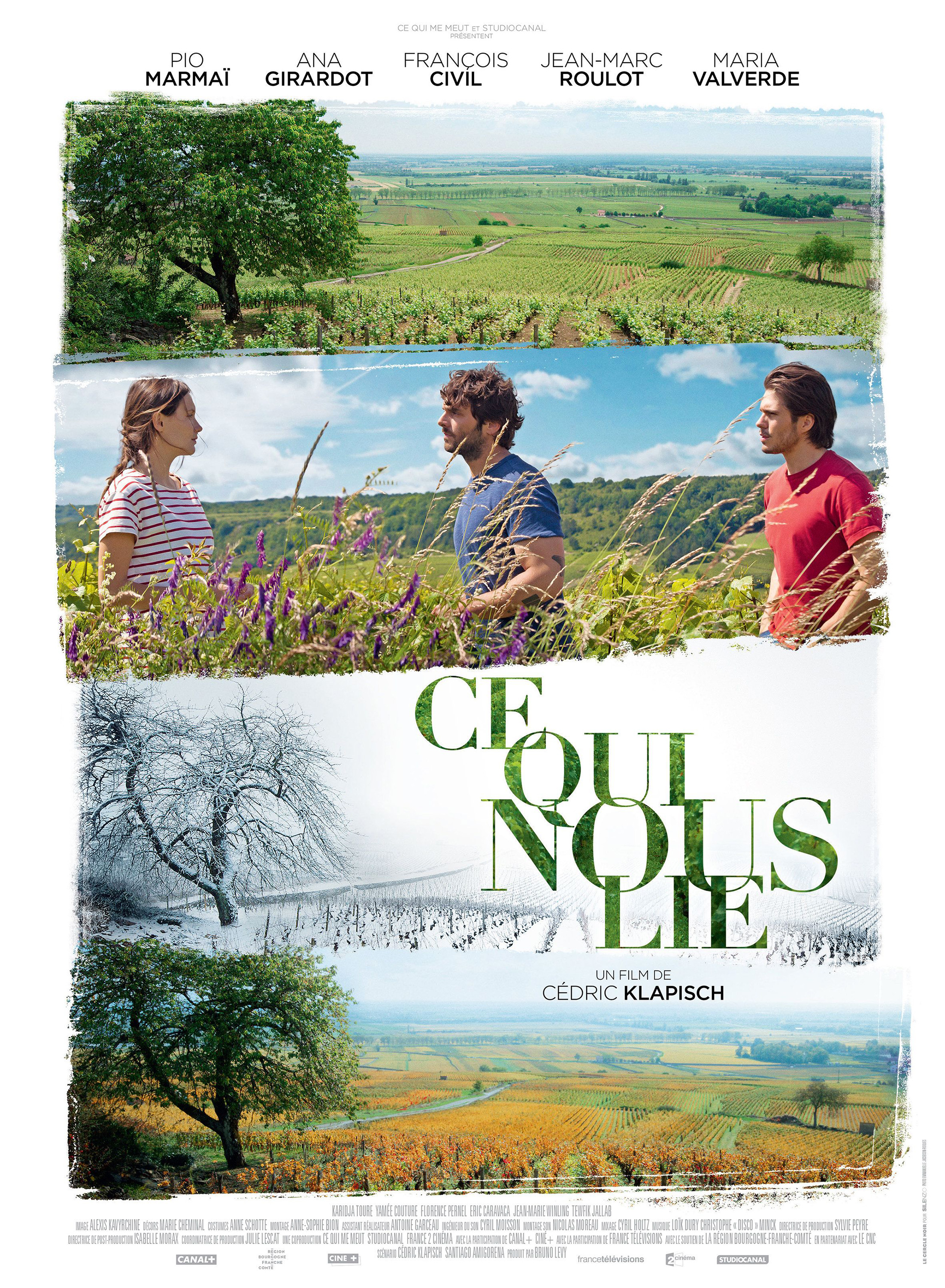
CE QUI NOUS LIE premiered in Clermont-Ferrand on 16 May 2017. The film was theatrically released in France on 17 June.

